One of the biggest private sectors fueling money into politics these last few years - and causing the revolving door to swing ever faster - is the financial services industry. It is no surprise that financial services corporations are extremely interested in influencing government these days. The financial systems of the United States have been as badly corrupted by corporate influence as have most of our politicians.
Perhaps the most important player in our national economy is the Federal Reserve. In reality, the "Fed" is not federal and has no reserves. The Constitution specifies that only the Treasury Department - part of the federal government - has the power to "Coin money, [and] regulate the value thereof" and lays out no provision for a separate corporation such as the Fed to produce our money supply.
If you have paper money which says "Federal Reserve Note" at its top, it is not produced by the US government, but instead by the corporate-bank-owned Federal Reserve. The distinction is at once significant and irrelevant in this age of electronic money flying across the internet. It's significant because in all the years since it was created, the Fed has never been audited. It's arguably irrelevant because dollars - even those "created" by the Fed - are backed by the full faith and credit of the United States. We're stuck with them.
There are two "solutions" that people knowledgeable about these issues suggest and that seem to make a lot of sense. The first is that the Federal Reserve be nationalized and brought under the purview of the Treasury Department, so the United States goes back to producing and controlling its own money and money supply. The second solution is for each of the 50 states to do what North Dakota did about 90 years ago - create their own state-chartered and state-run banks.
We should also bring back the STET Tax, to put a very small amount of sand into the stock market's gears, to borrow a phrase from economist Dean Baker who has written on this topic, and thus stabilize both the markets and the economy.
Banks should be thought of as public utilities, even if they're privately run. They exist to take deposits, facilitate commerce, and lend money to businesses and individuals. As such, they shouldn't be in the business of gambling or speculating with other people's money, but thanks to recent changes in regulation, all the big banks do. Until that day when our big banks are brought back under control, there are two alternatives. The first is to move your money into local, community-oriented banks, or switch to community credit unions.
Learn more in chapter six, "Make Congressmen Wear Nascar Patches" of "Rebooting the American Dream".
-Thom
Subscribe to:
Post Comments (Atom)


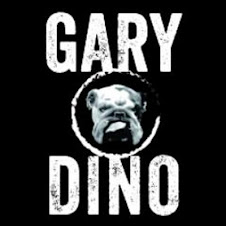
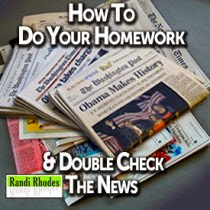

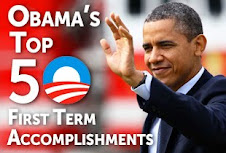

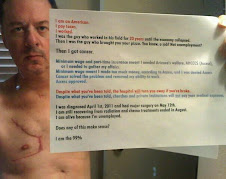



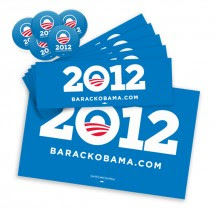
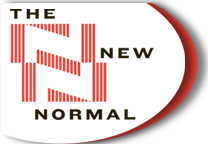






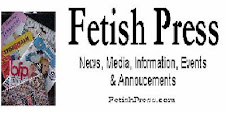






No comments:
Post a Comment